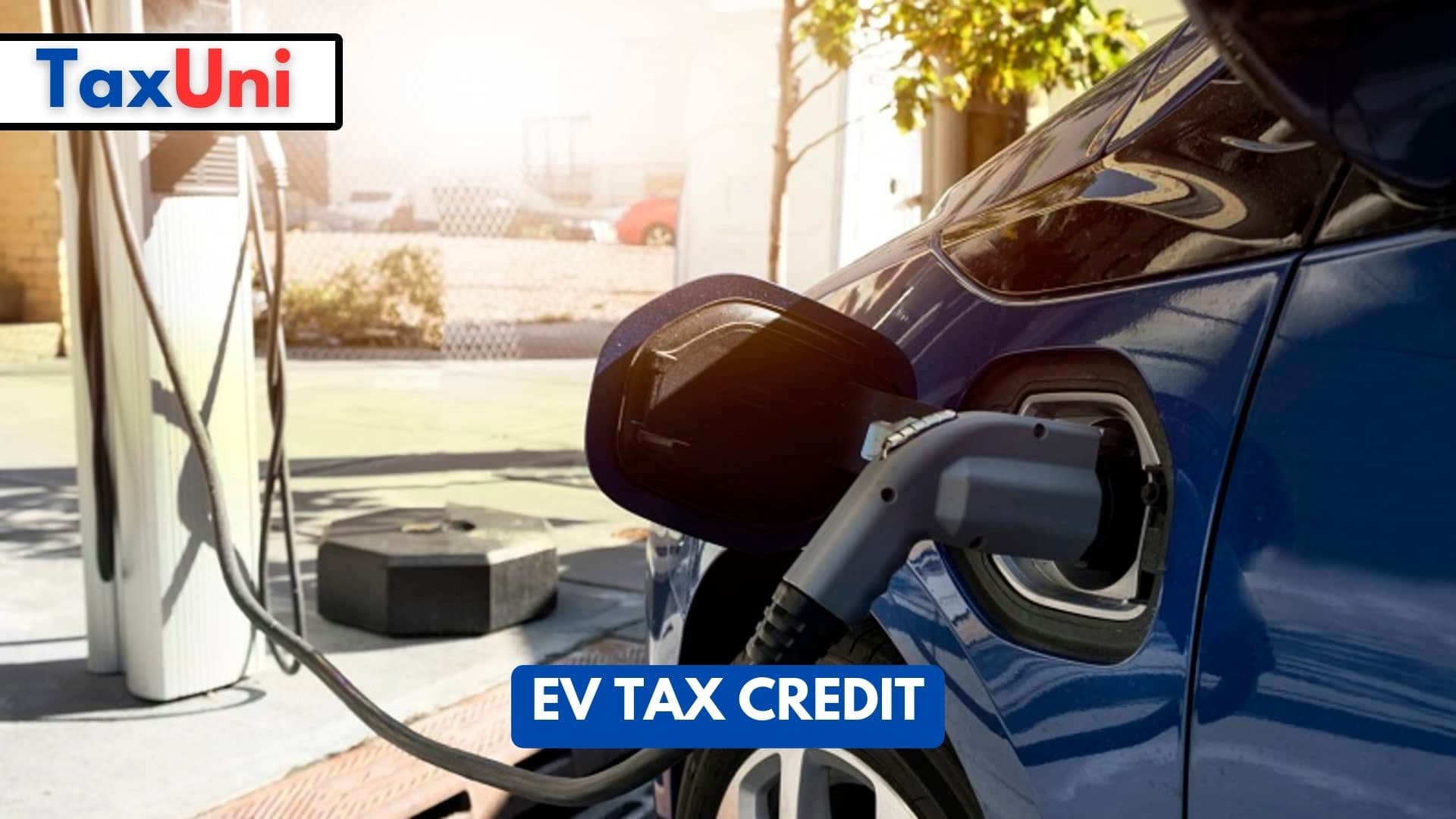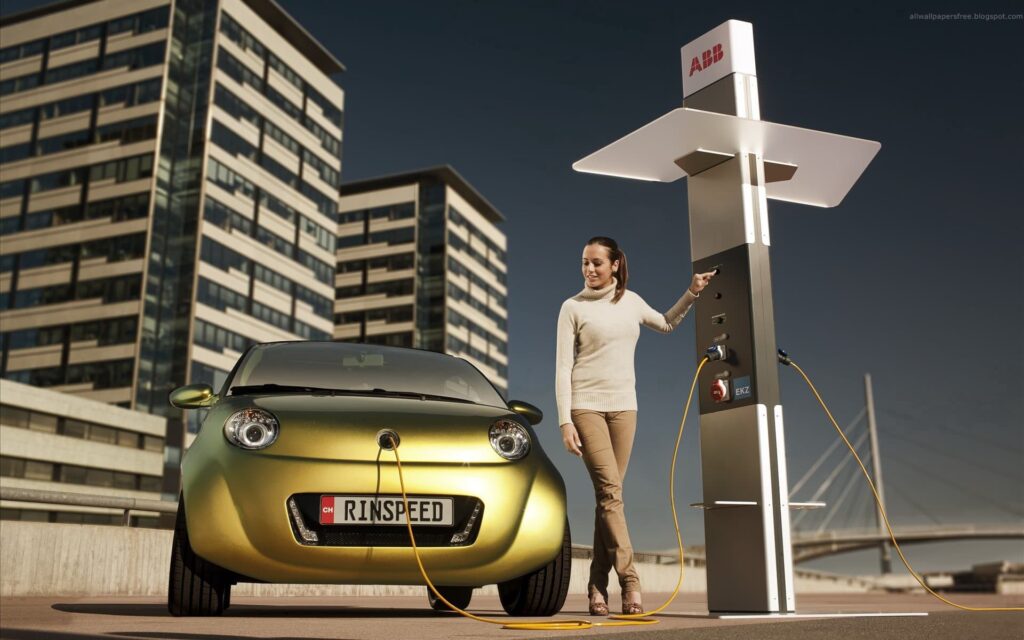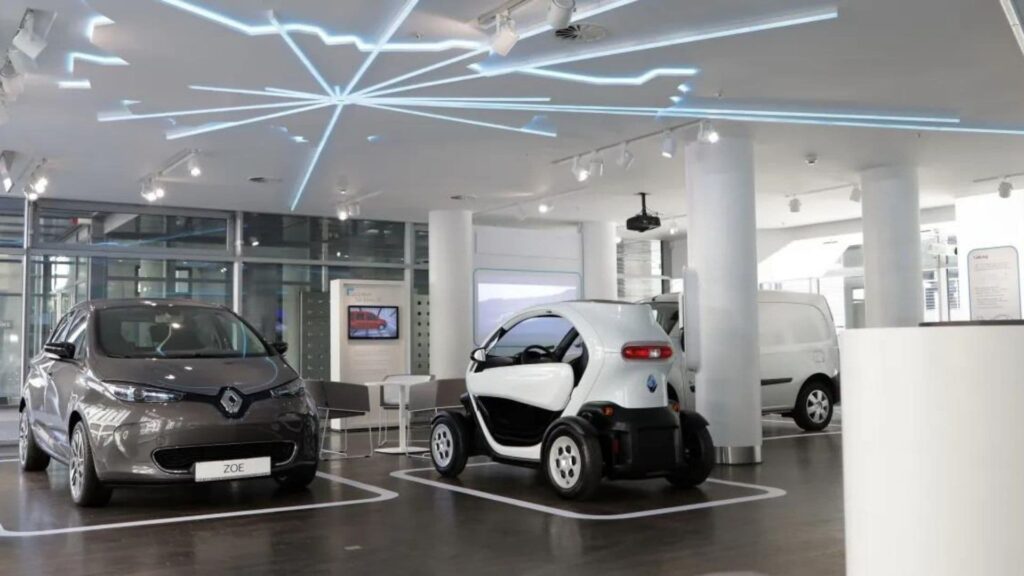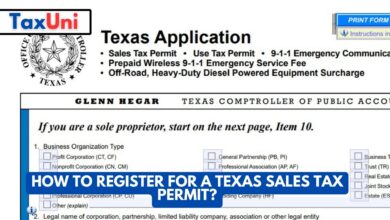EV Tax Credit
If you're interested in buying an electric vehicle, you can save money with an EV tax credit. This article will discuss whether you are eligible for the EV Tax Credit.

The EV market is growing, and the federal government wants to reward consumers for their efforts. The Inflation Reduction Act includes provisions that offer up to $7,500 in tax credits for qualifying electric vehicles. These incentives are a great way to offset the cost of an EV, especially when combined with state and local rebates. This credit is available to both individuals and businesses. It applies to both new and used cars, including leased vehicles. The IRS has published a list of qualifying vehicles and will continue to update it. For example, the government recently announced that manufacturers like GM and Tesla would no longer be limited to offering incentives to the first 200,000 EVs sold.
Another new rule, effective in 2024, will allow dealerships to offer the EV tax credit as a discount at the time of purchase. This will make it easier for consumers to buy an EV and help the environment. However, credit restrictions exist, such as the North American final assembly requirement and income limits.

How to Qualify for EV Tax Credit?
To qualify, the EV tax credit must be claimed by submitting IRS Form 8936 with your annual tax return. You will also need to provide the VIN of the EV you’re purchasing. The credit applies to both new and used vehicles, but it will start phasing out after a manufacturer sells 200,000 EVs. In addition to the federal EV tax credit, some states also offer rebates and incentives. In 2024, the IRS allowed dealerships to apply for the EV tax credit directly to the price of leased vehicles. This allows shoppers to get the discount up front, which is not something they can do with traditional car sales. However, this loophole may not last long.
The credit is available on new and used EVs, but there are certain restrictions. For example, vehicles must be manufactured in North America and have at least 40 percent of their battery-critical minerals sourced from the United States or countries with free trade agreements with the US. The IRS regularly updates its list of eligible vehicles. There are also caps on the price of EVs and buyer incomes to prevent wealthy buyers from taking advantage of it. For example, the EV tax credit only applies to vans, trucks, and SUVs with manufacturer’s suggested retail prices (MSRPs) of $80,000 or less. It is also available for clean cars with MSRPs of $55,000 or less. This cap makes it difficult for some foreign automakers, like Hyundai and Kia, to take advantage of the program.

EV Credit Update
The credit is available on new and used EVs, but there are certain restrictions. For example, vehicles must be manufactured in North America and have at least 40 percent of their battery-critical minerals sourced from the United States or countries with free trade agreements with the US. The IRS regularly updates its list of eligible vehicles. There are also caps on the price of EVs and buyer incomes to prevent wealthy buyers from taking advantage of it. For example, the EV tax credit only applies to vans, trucks, and SUVs with manufacturer’s suggested retail prices (MSRPs) of $80,000 or less. It is also available for clean cars with MSRPs of $55,000 or less. This cap makes it difficult for some foreign automakers, like Hyundai and Kia, to take advantage of the program.





